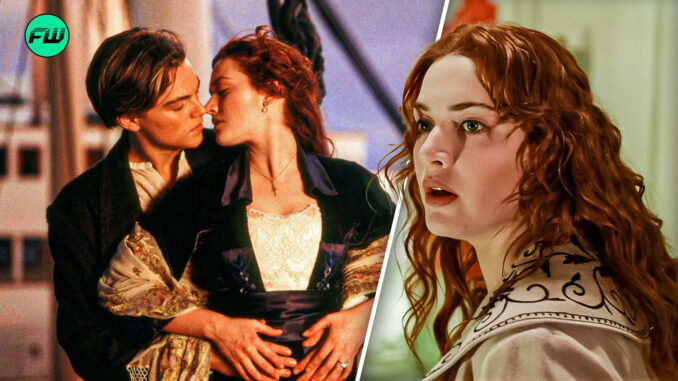
The Unbearable Weight of Spectacle: When Grief Meets the Red Carpet
The year was 1997. Titanic wasn't just a film; it was a cultural phenomenon, a leviathan of cinematic spectacle poised to conquer the world. Its lead actress, Kate Winslet, was about to be launched into a stratosphere of global fame few ever reach. Yet, amidst the deafening roar of anticipation, the blinding flash of cameras, and the dizzying ascent of her career, Winslet articulated a moment of profound, almost grotesque, disillusionment that cut through the glitz like a knife. "I was pretty alarmed," she stated, "when people wanted me to choose Titanic premiere over the funeral of my lover who died of bone cancer."
This single sentence, stark in its candor, unveils a chasm between two entirely disparate realities: the manufactured hyper-reality of celebrity and the raw, inescapable truth of human experience. It is a chilling illustration of the dehumanizing demands of the spotlight, where personal tragedy is rendered secondary to professional obligation, and the sacred space of grief is threatened by the unyielding hunger for spectacle.
On one side stood the Titanic premiere – an event engineered for maximum impact. Red carpets unfurled like rivers of blood, carrying streams of impeccably dressed stars towards a cacophony of flashbulbs and roaring crowds. It was the apotheosis of glamour, the culmination of years of work, the defining moment for careers, and for Titanic, a launching pad for a legacy. Every detail, from the designer gowns to the orchestrated smiles, was a testament to the illusion that Hollywood crafts so meticulously: a world where beauty, success, and endless possibility reign supreme.
On the other side, however, lay the grim, unadorned reality of a funeral. This was not an event staged for public consumption, but a private, hallowed ritual of farewell. It spoke of bone-deep grief, of shattered futures, of the brutal finality of death, particularly one as cruel and consuming as bone cancer. It was a space where pretense was impossible, where every tear was real, every whispered eulogy a testament to a life lived and lost. The air would have been thick with sorrow, not champagne. The faces etched with pain, not polished smiles.
The "alarm" Winslet felt was not merely an inconvenience or a scheduling conflict. It was a moral shock, a visceral recognition of a profound disconnect in values. The fact that "people" – an amorphous but powerful entity representing the industry, the media, perhaps even a public conditioned by celebrity worship – could even conceive of such a choice speaks volumes. It reveals a chilling hierarchy where the performance of success overshadows the sanctity of personal loss. It implies that a star’s obligations to the commercial machine supersede their fundamental human right to mourn, to withdraw, to simply be heartbroken without public scrutiny or professional cost.
This incident illustrates the insidious price of celebrity. It suggests that fame doesn't just demand your time, your image, or your talent; it demands a piece of your soul, your authentic self. It seeks to commodify every aspect of your existence, including your deepest sorrows. The expectation, however unspoken, was that Winslet, as a rising star, should subordinate her grief to the monumental narrative of Titanic's success. Her personal tragedy was seen as a potential distraction, a discordant note in the symphony of triumph.
Winslet’s reaction, her unequivocal rejection of such a choice, serves as a powerful testament to her integrity and groundedness. It reaffirms her reputation as an actress deeply connected to humanity, resistant to the superficiality that often defines her industry. Her "alarm" was a righteous indignation, a refusal to allow the public spectacle to eclipse the profound, private truth of her own life. She chose, without hesitation, the quiet dignity of mourning over the glittering performance of celebrity.
In an age increasingly saturated with manufactured realities and the relentless pursuit of public image, Kate Winslet's statement stands as a poignant reminder of what truly matters. It pulls back the curtain on the often-absurd demands of fame and re-centers the narrative on the enduring, unshakeable truths of human experience: love, loss, and the profound, irreplaceable value of genuine connection. Her alarm was not just for herself, but for the fundamental human decency that can so easily be swallowed whole by the insatiable appetite of the spotlight. It reminds us that even at the apex of global fame, some choices should never even be presented.